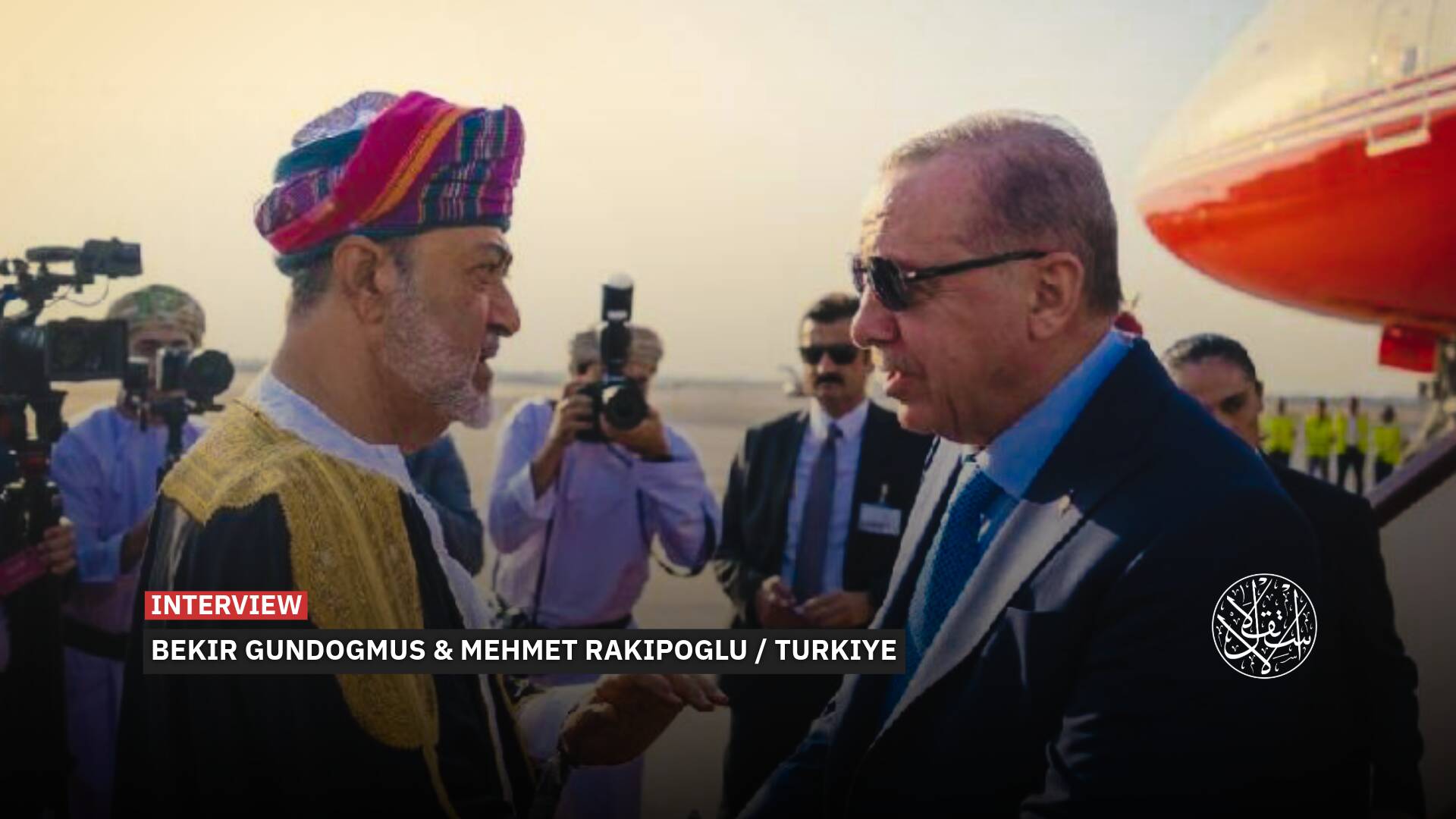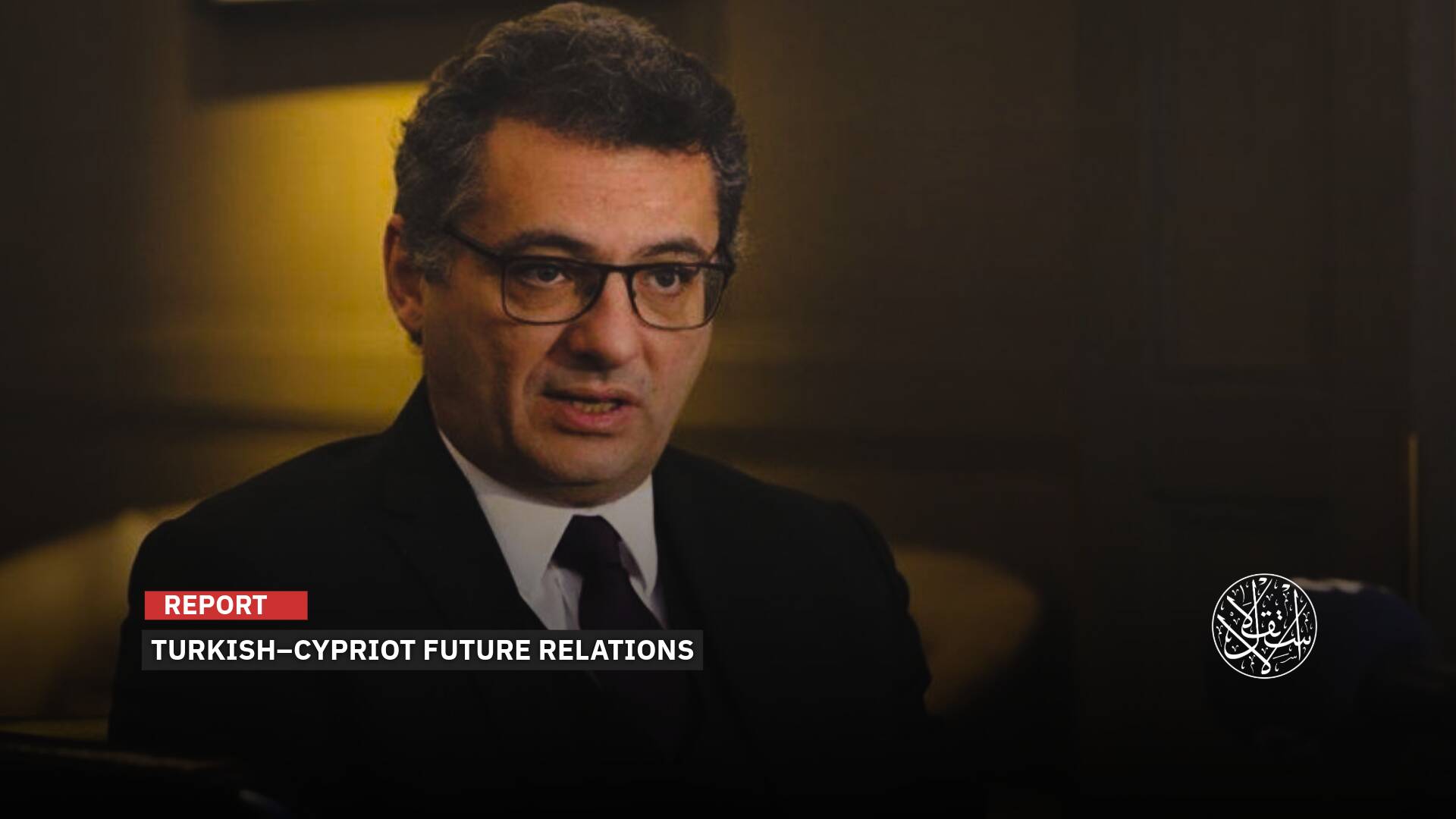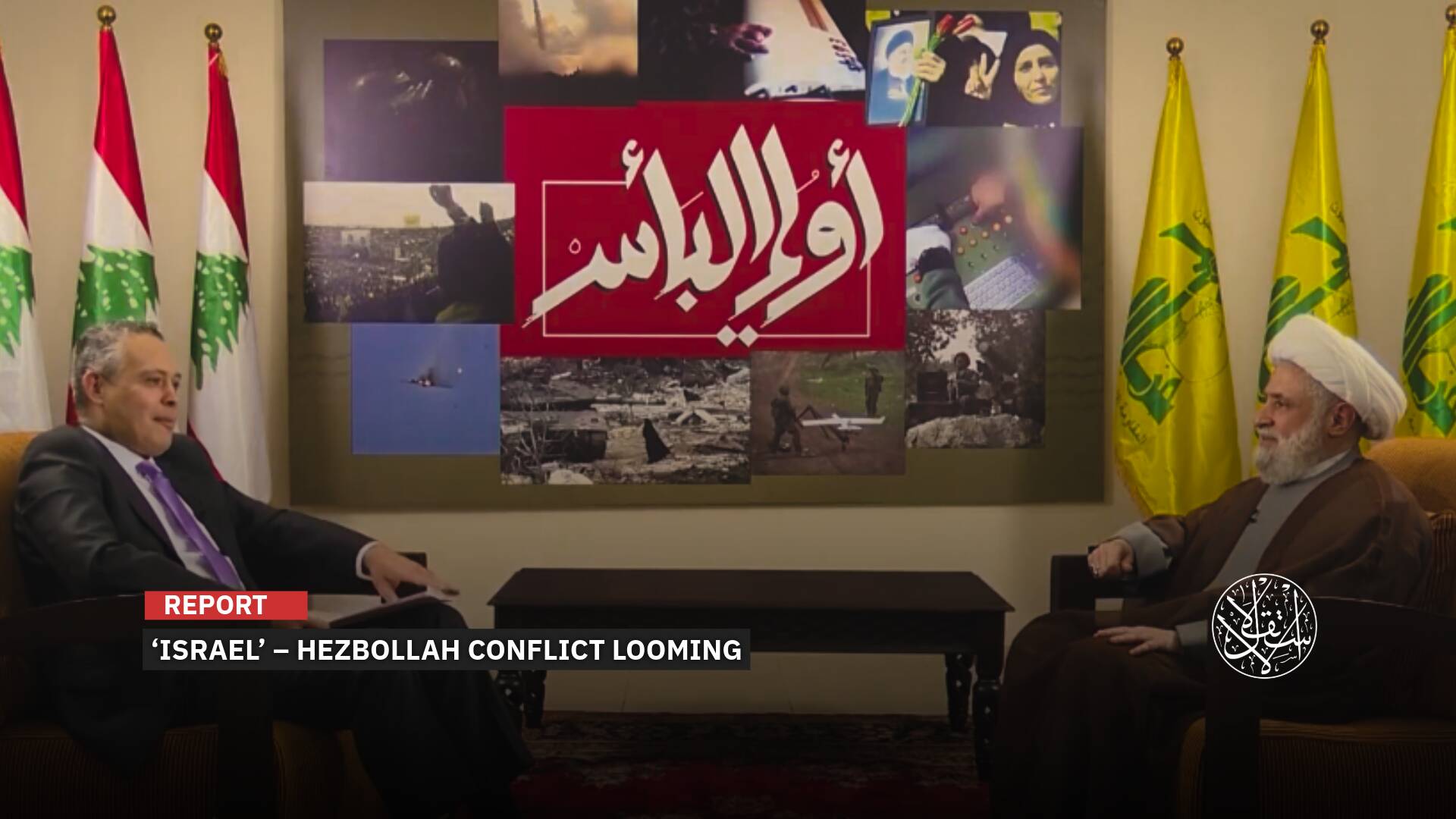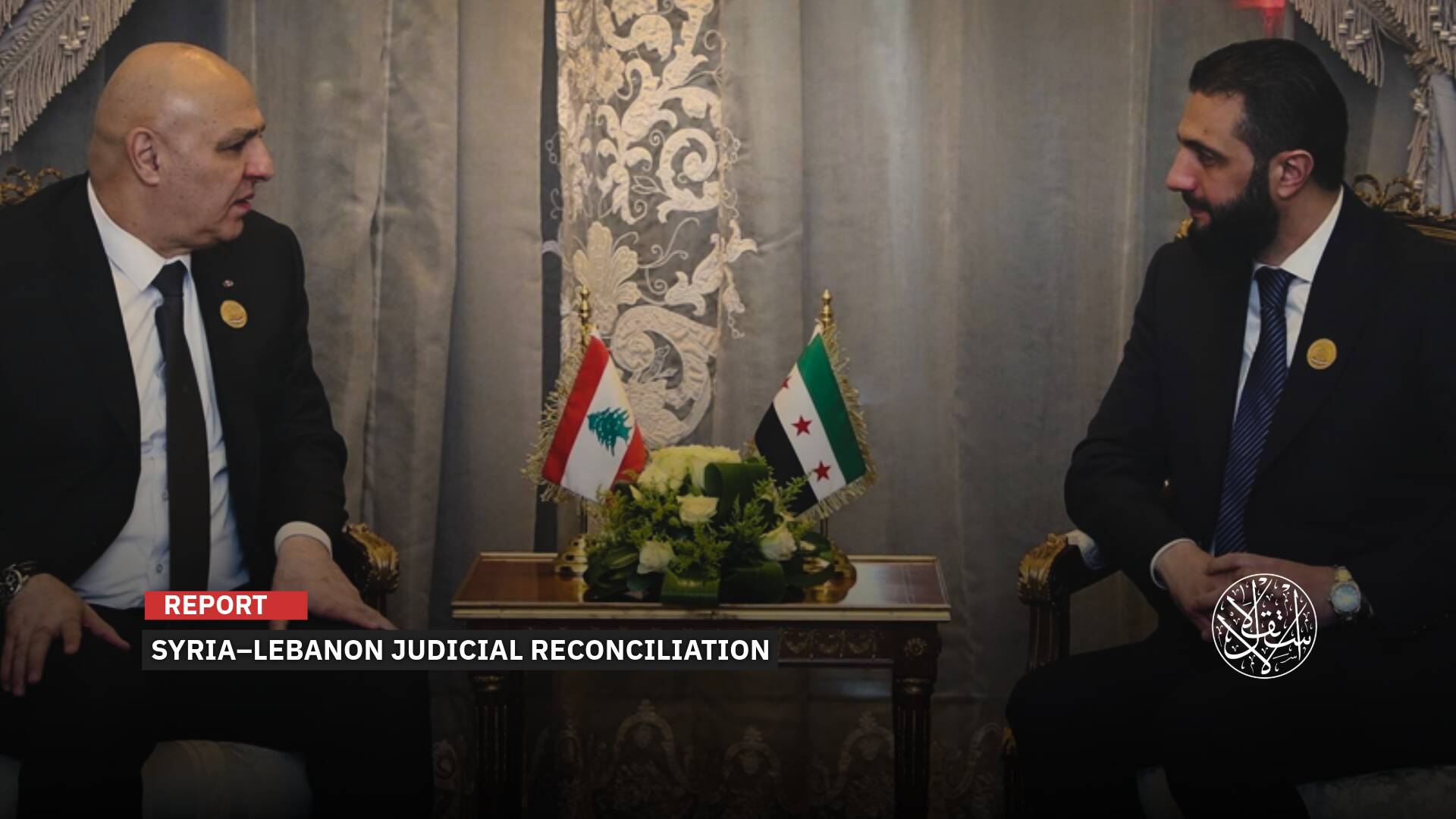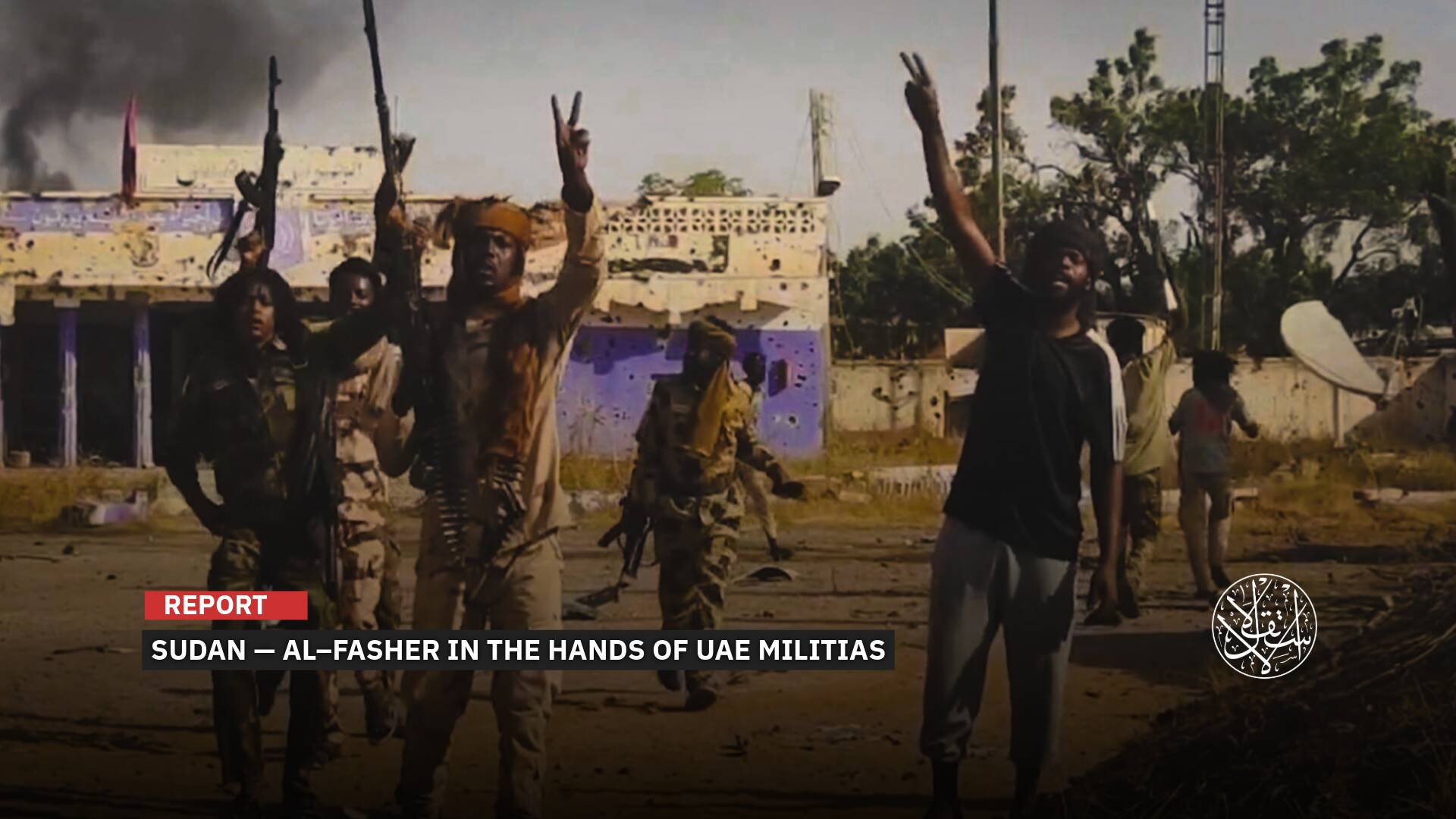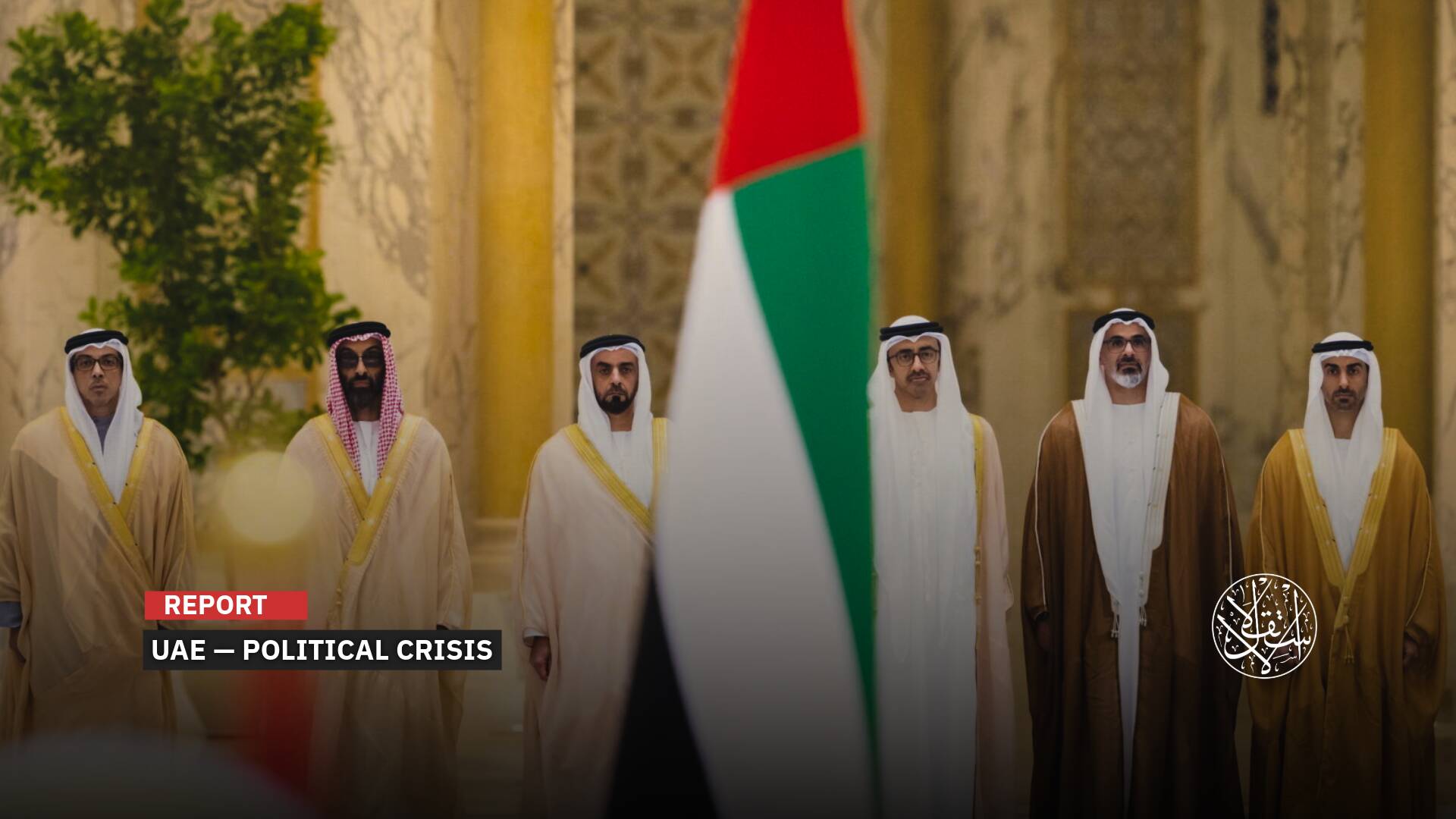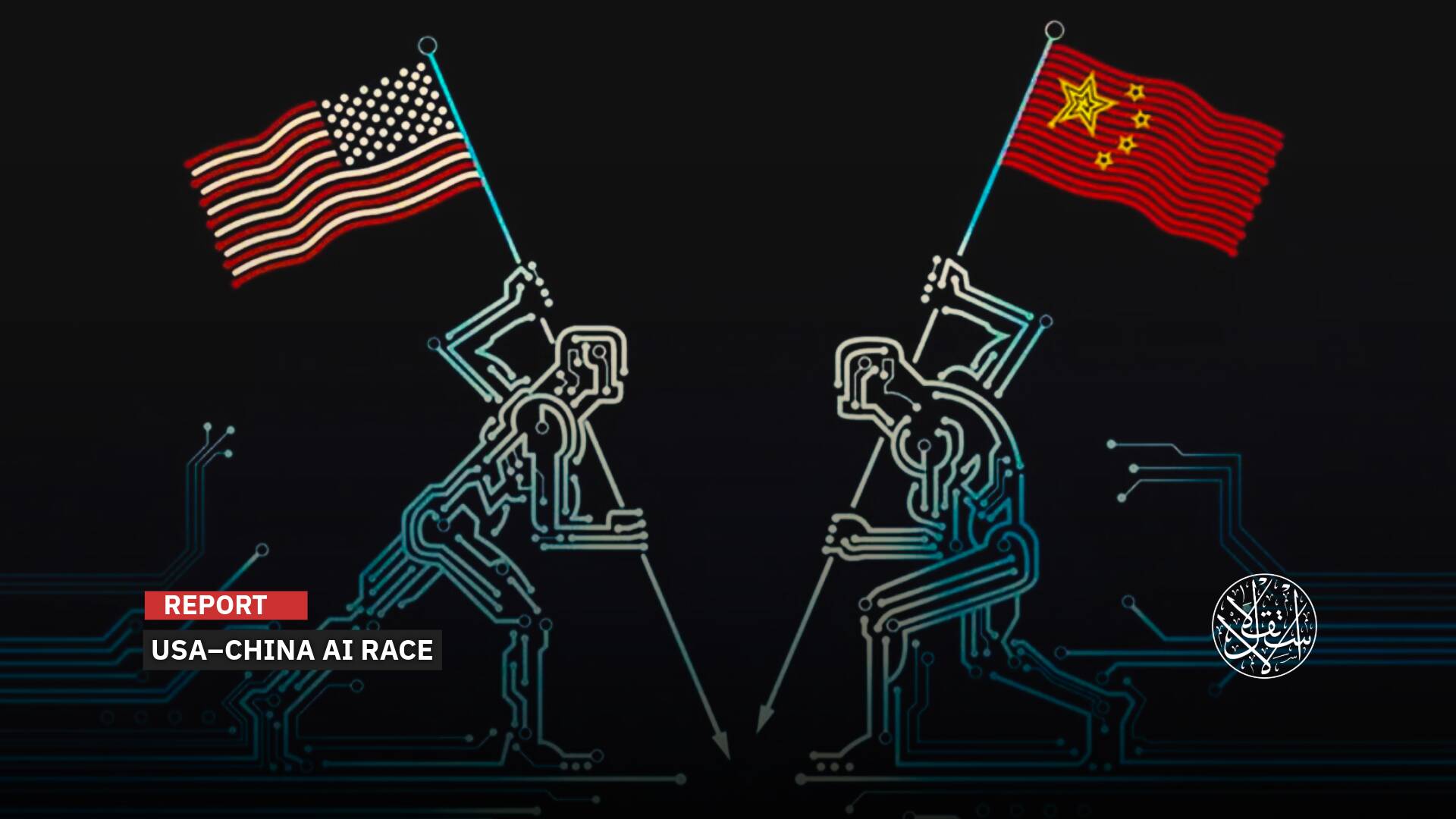Real Concerns: Will the Crisis Between Madrid and Rabat Resurge Following the Rise of the Spanish Right?

It seems that the Spanish political scene is poised for significant changes following the local elections, which resulted in a substantial decline for the ruling Socialist Party led by Prime Minister Pedro Sanchez and a sweeping victory for the opposition right-wing People’s Party.
On May 28, 2023, Spain held local elections that saw the right-wing People’s Party emerge victorious, particularly in major cities such as Madrid, Seville, Valencia, and Malaga, as well as in the autonomous regional governments of Valencia, Extremadura, Aragon, the Balearic Islands, and Madrid. The party also won in the cities of Ceuta and Melilla.
Decline and Concerns
Based on this clear setback for the Socialist Party, Prime Minister Pedro Sanchez, who is a socialist, called for early parliamentary elections on July 23, 2023.
On May 29, 2023, the Spanish Prime Minister announced that he had informed King Felipe VI of his decision to dissolve the parliament and “call for general elections,” adding that this decision was made in light of the results of the local elections.
Sanchez stated in a televised speech: “As the Prime Minister and leader of the Socialist Party, I take responsibility for the results, and I believe it is necessary to respond and hand over our democratic mandate to the will of the people.”
Meanwhile, the Spanish right-wing opposition declared that it had made strong gains locally and regionally, with the People’s Party receiving the largest number of votes, while the Socialists lost control of several areas they previously held, according to media reports.
The elections covered all 8,131 municipalities in Spain, with approximately 35.5 million eligible voters, and the local governments in 12 out of 17 Spanish autonomous regions, including around 18.3 million eligible voters.

In the face of the decline of the ruling Spanish Socialist Party and the rise of the right-wing People’s Party, concerns arise regarding the potential impact of this expected political shift in Spain on the cooperation and partnership between Rabat and Madrid, particularly in light of significant developments in their bilateral relations under the government of Pedro Sanchez.
These concerns stem from the hypothesis that a right-wing government in Madrid may withdraw support for the proposal of autonomy as a solution to the Western Sahara conflict, a proposal that Morocco submitted to the United Nations in 2007.
On March 18, 2022, a message sent by Spanish Prime Minister Pedro Sanchez to King Mohammed VI of Morocco described the Rabat Initiative for Self-Governance as “the most serious” for settling the dispute in Western Sahara, according to a statement from the Moroccan Royal Court.
Morocco proposes an expanded form of self-governance in Western Sahara under its sovereignty, while the “Polisario Front” calls for a referendum on self-determination, a proposal supported by Algeria, which hosts refugees from the region.
Sanchez’s message came amidst a crisis in bilateral relations since Madrid received the leader of the Polisario Front, Brahim Ghali, in April 2021 under a false identity without informing Rabat.
Strategic Interests
Commenting on the potential impact of the rise of the Spanish right wing on the relations between Rabat and Madrid, international relations expert Ahmed Noureddine believes that if the Spanish right wing comes to power, it will not significantly affect the “strategic interests” that bind the two countries, as those interests are not highly influenced by changes in the ruling party in most aspects.
He mentioned to the local website of the Justice and Development Party (an opposing Islamic party) that the strategic interests between the two countries are framed by cooperation and special partnerships, as reflected in the agreements signed during the 12th high-level meeting between Morocco and Spain.
In February 2023, a high-level meeting took place in Rabat where 19 memoranda of understanding were signed, focusing primarily on various areas, including bilateral cooperation between Rabat and Madrid, migration management, infrastructure, environmental protection, vocational training, and water management.
Noureddine emphasized that Madrid reaffirmed its position on the Western Sahara issue in the joint statement issued following the Moroccan–Spanish summit, dated April 7, 2022, following the meeting between King Mohammed VI and the Spanish Prime Minister.
In the joint statement, it was stated that Spain considers the Moroccan initiative for self-governance as the most serious, realistic, and credible basis for resolving the conflict in Western Sahara.
The international relations expert affirmed that what serves the interests of both countries is to maintain good relations based on cooperation and good neighborliness, rather than relations marked by conflict.
He further stated that this serves the interests of both countries in general and Spain in particular, whether in terms of the agreements on fisheries subsidies, cooperation in the fields of migration, security, counterterrorism, or combating drug trafficking networks.
Noureddine pointed out that the rise of the right-wing People’s Party may pose some problems due to its populist discourse. However, in the end, there are strategic areas that fall within the realm of constants that cannot be affected by changes in the ruling parties in Spain.

Former Spanish Minister of Housing Maria Antonia Trujillo expressed her views on the relationship between Morocco and Spain. She stated that Morocco should feel reassured, despite the significant differences between Morocco and Spain in foreign policy.
Trujillo added that Morocco has a clear and consistent strategy in its foreign policy, which surpasses the estimations of political parties and successive governments. On the other hand, Spain experiences constant disputes between political parties regarding foreign policy.
The former minister emphasized that if the Socialist Party governs, it will follow the same approach with Morocco or even better. Similarly, if the People’s Party governs, it will also be better for Morocco, as consistently affirmed by right-wing leaders.
Trujillo pointed out that during the government of Socialist Party member Jose Luis Rodriguez Zapatero, despite the belief that things go well with the left, history also shows that things go well with the right.
Vox Party Danger
While Noureddine and the former Spanish minister both confirm that the rise of the right wing will not affect Moroccan–Spanish relations, the expert in international relations and Spanish affairs, El-Amrani Boukhobza, believes that “the real threat to relations with Rabat is the rise of the right-wing Vox party in the Senate.”
Observers expect that the extreme nationalist Vox party, which doubled its votes from 800,000 to 1.6 million in the 2019 elections, will play a crucial role in supporting the People’s Party in governing autonomous communities and municipalities but under certain conditions.
Boukhobza confirmed in a statement to Hespress that the People’s Party will have to form an alliance with Vox to govern some cities, which will make this right-wing extremist party a real player in the upcoming government.
On May 24, 2023, the Vox party accused Morocco of interfering in the municipal elections in the city of Melilla by buying votes under the pretext of exploiting postal voting, a claim that Rabat officially denied.
The Spanish news agency Europa Press reported that the spokesperson for the Vox party in the Spanish Parliament, Ivan Espinosa de los Monteros, accused the left in Spain and Morocco of controlling the Spanish system, its democracy, and elections through buying votes in Melilla.
Boukhobza concluded that Morocco should adapt to the expected rise of the right wing and continue to impose its vision on relations with its southern neighbor.
He also stated that Madrid’s position on the Western Sahara issue is a purely sovereign stance that will not be affected by changes in governments.
As for Ismail Hammoudi, a professor of political science at Sidi Mohamed Ben Abdellah University in Fes, he stressed that the cooperative relationship between Spain and Morocco has become strategic and will not be affected by the rise of one party or another.
Hammoudi added that the rise of the right-wing People’s Party will further enhance cooperation and partnership with Morocco, emphasizing that the language of interests has become the primary determinant in the relations between the two countries.
He also mentioned that some contentious issues such as the cities of Ceuta and Melilla will continue to be raised, but the main institutions in Spain are convinced that Madrid’s core interests are aligned with Rabat more than any other contentious issues.

Election Card
Regarding the Spanish position supporting Morocco’s proposal for self-governance in the Western Sahara region, Hammoudi confirmed that Madrid’s stance in this regard will be strengthened.
He believes that regardless of which party comes to power in Spain, it will not have a negative impact on the strategic relationship between Rabat and Madrid, which is greater than any political party, whether from the right or the left.
He added that the two countries have strategic partnerships in issues such as migration, security, intelligence, and military cooperation, in addition to economic cooperation. Morocco has become an open market for Spanish companies and also serves as a gateway to Africa.
He affirmed that Spain has made its decision regarding its relationship with Morocco by choosing Morocco first over Algeria. Secondly, Spain decided to support the initiative of self-governance as a settlement for the regional conflict over Western Sahara. Thirdly, Morocco is considered a strategic ally of Spain in North and West Africa.
Hammoudi noted that since King Mohammed VI ascended to the throne, Morocco has requested that the relationship between the Moroccan state and the Spanish state should not be influenced by the rise of any political party. He also demanded an end to treating Morocco as “an election card” within Spain.
He emphasized that this matter has been settled, and Morocco now has a strategic relationship with Spain that is not influenced by election campaigns. This means that the rise of any party will not affect these strategic relations between the two countries, whether it is from the right or the left, as it is an internal Spanish matter.
The influential Spanish elites have realized that Spain’s interests and future lie with Morocco, not with Algeria or the Polisario, considering the interdependent border and neighborhood relations between the two countries, as well as areas of cooperation in the economy, security, and other fields, Hammoudi concluded.
Sources
- Moroccan-Spanish relations will remain strong, regardless of the election results [Arabic]
- Will the rise of the Spanish right in the upcoming elections affect relations with Morocco? [Arabic]
- Ahmed Noureddine reads the repercussions and impact of the rise of the Spanish right on the cooperative relations between Rabat and Madrid [Arabic]
- Spanish accusations against Morocco of “interfering” in the elections and Rabat comments [Arabic]



